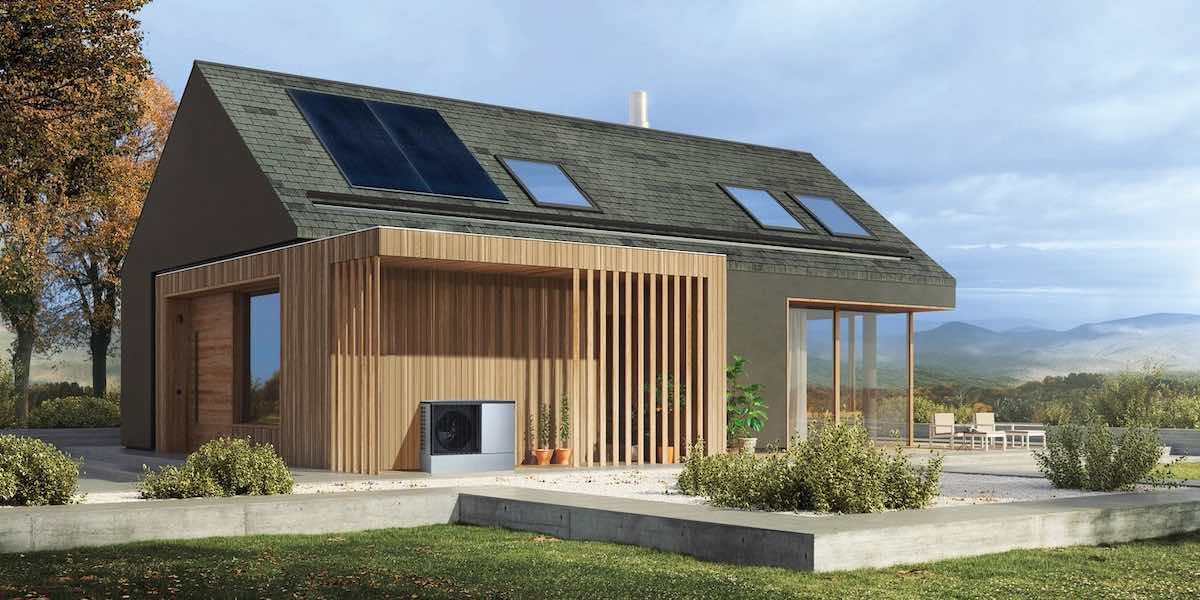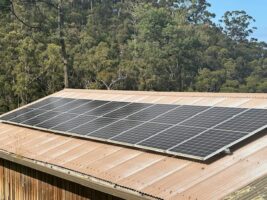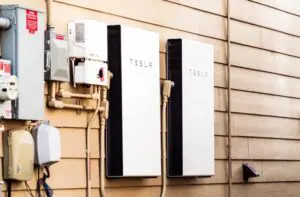Due to a rapid rise in the number of reduced power tariffs reserved for heat pumps, their operating costs in Germany are currently up to a third lower than gas heating, according to an analysis by price comparison website Verivox and seen by energy and climate newsletter Tagesspiegel Background.
New heat pump power contracts have eased to an average of 26.78 cents per kilowatt-hour (kWh), and the number of such tariffs in the country has doubled to more than 200 since the start of the year.
An average single-family house with a consumption of 20,000 kWh of natural gas currently pays about €2,100 per year, whereas the power costs of an efficient heat pump (with an annual performance factor of 4) currently amount to €1,451, according to Verivox. With a less efficient heat pump (performance factor 2.7), heating costs are about the same at current prices.
The performance factor of a heat pump is the ratio of heat output to the amount of electricity required. Many power providers offer a discount for heat pumps because they can potentially help to stabilise the grid when needed and run mainly at night, when demand and thus wholesale prices are low, according to the article.
However, during the energy crisis, providers no longer offered special heat pump tariffs, thus eliminating their operating cost advantage.
Germany and Europe are betting on the large-scale adoption of heat pumps to decarbonise heating.
The German government agreed this week to ban the installation of most new fossil fuel heating systems from next year, and to support the rollout of systems like heat pumps with subsidies.
From 2024, half a million heat pumps are to be installed in German homes per year, according to the government’s plans.
This article was originally published by Clean Energy Wire. Reproduced under a “Creative Commons Attribution 4.0 International Licence (CC BY 4.0)” . Read the original version here.










